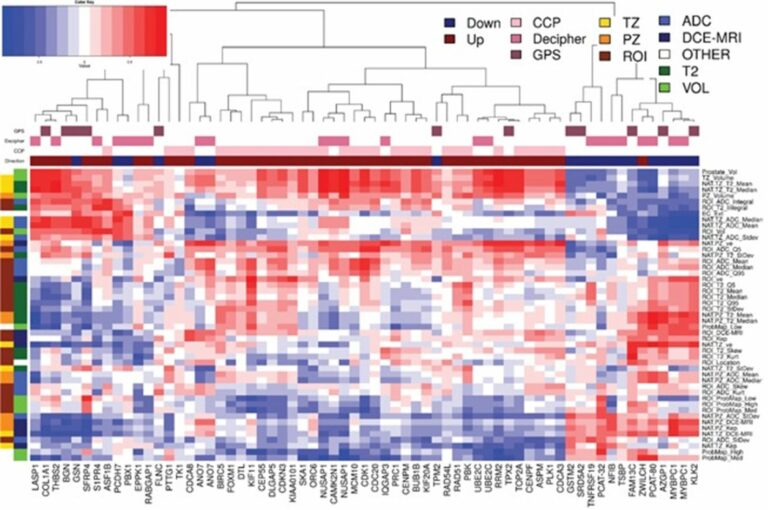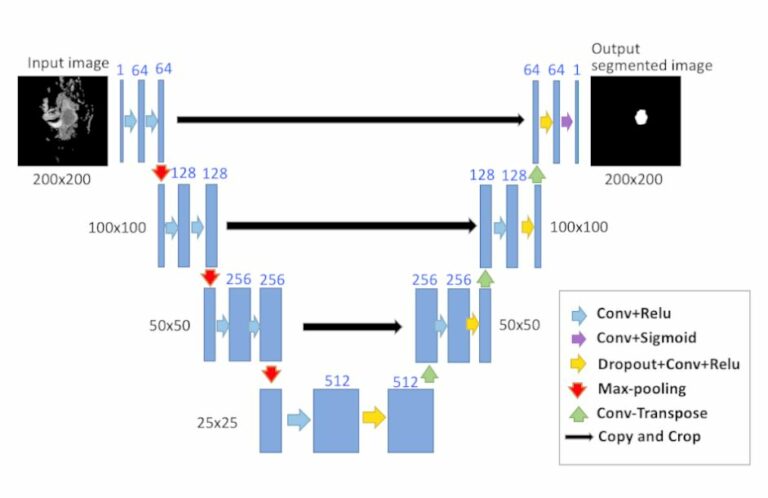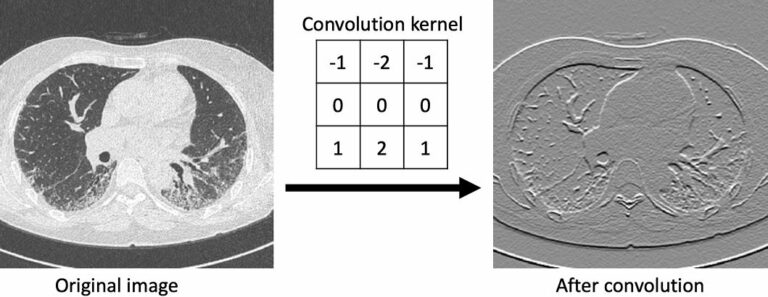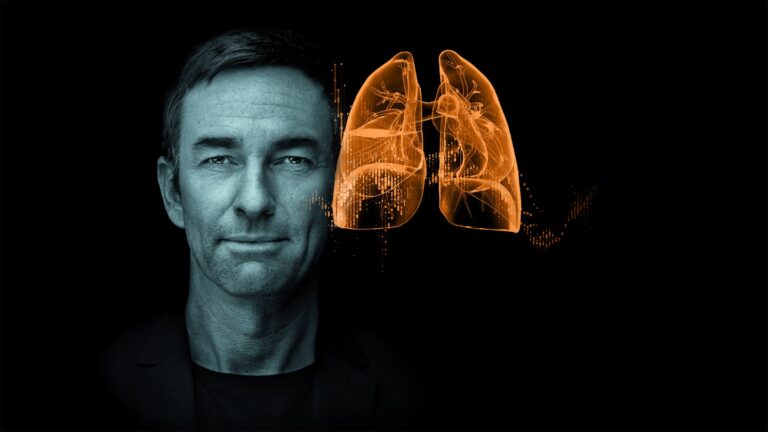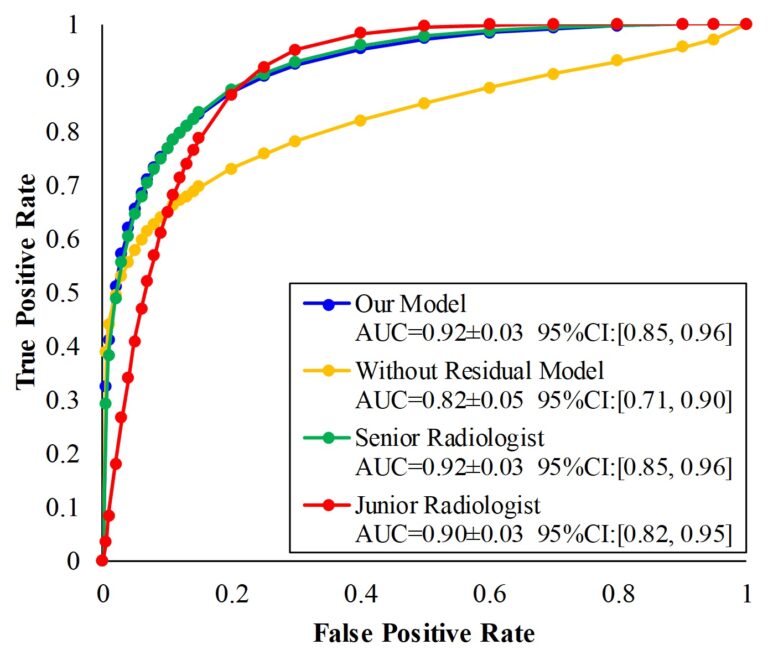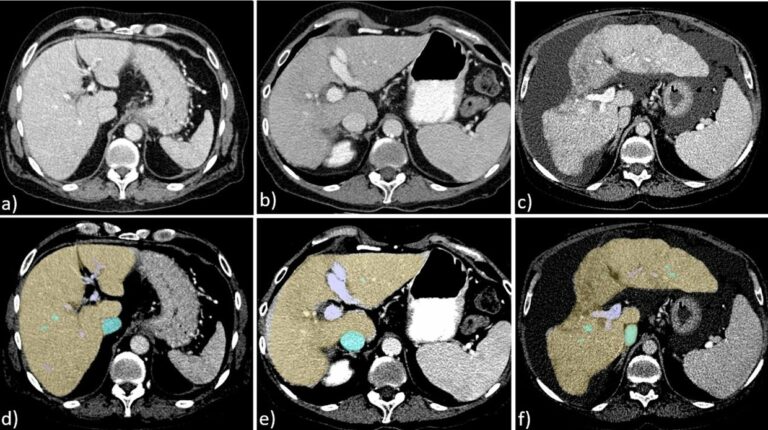
Looking outside the box: IBM halts facial recognition, journalists replaced by AI, and navigating the high volume of COVID-19-related articles
This week in artificial intelligence (AI) news, we take a look at IBM’s decision to halt the development of facial recognition software, Microsoft using an AI systems to replace teams of journalists who curate news stories for its website MSN.com, and sifting through the extremely high volume of articles and research being published on COVID-19. IBM’s recent decision to stop











